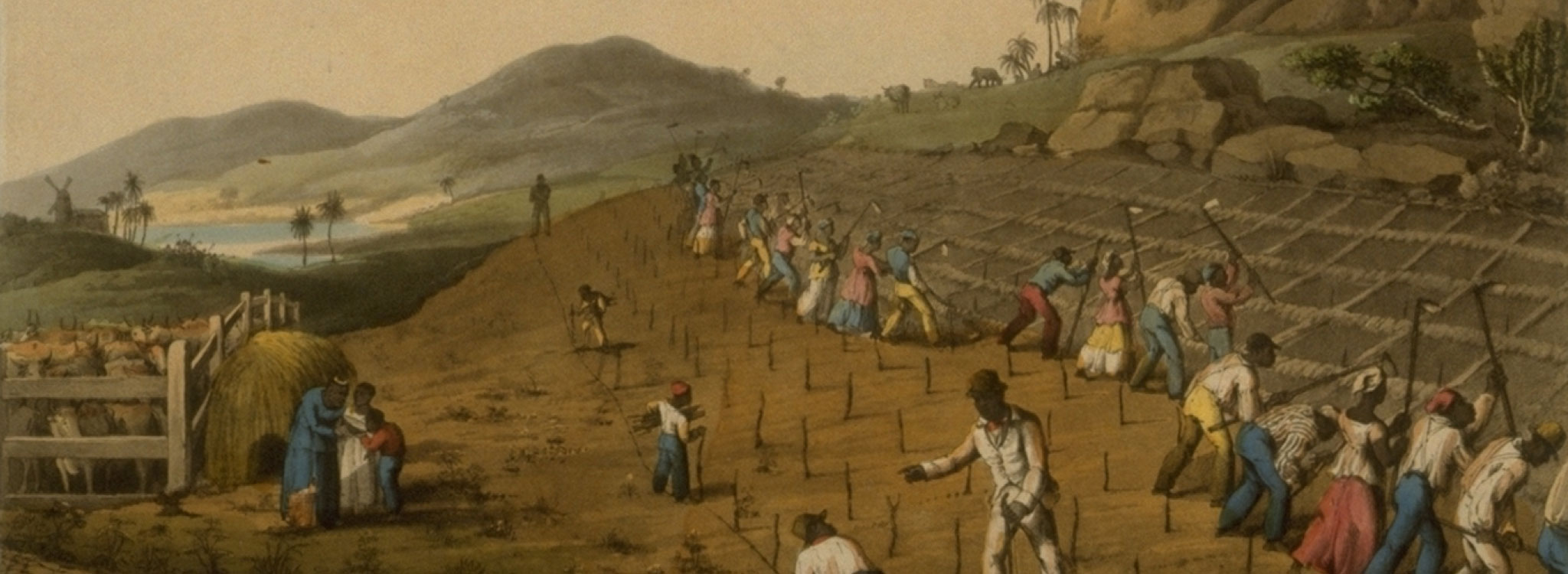María Rafaela Whitten was a South Carolina-born slave who seized freedom for her family and achieved success in Spanish Florida.
Whitten, originally known as Judy Canty, was referred to as a “country-born” slave, meaning she was born in the Americas (likely locally), and was enslaved as a young adult on William Canty’s plantation near Lake Marion in South Carolina. By 1777 she had formed what would be a lifetime bond with an enslaved African-born man from a nearby plantation named Big Prince Whitten. Within two years, Judy and Prince had a son named Glasgow and a daughter named Polly.
In the tumultuous period of the American Revolution, the Whitten family was seized and moved to Georgia by a loyalist commander. At the end of the war, neighboring Florida was returned to Spain, giving the Whittens new hope. After several failed attempts, they escaped across the St. Marys River into Florida in 1785.
Taking advantage of a religious sanctuary policy (shortly before it ended in 1790), the Whittens and other escaped slaves stated that they fled to Florida to become Catholics and were accepted into the colony as free subjects of the Spanish Crown. All the Whittens were baptized. Judy became María Rafaela, Prince took the name Juan Bautista, and the children became Domingo and María Francisca.
The Whittens quickly took full advantage of their new rights as free Spanish subjects. María raised pigs for sale and trained young black girls to be domestics, and the family used the legal system to protect their rights. For example, Prince sued successfully in 1789 for breach of contract when María’s employer forced her to do heavy field work rather than the contracted domestic service. The Whittens’ economic successes and 1798 marriage in the Catholic church helped improve their social status. Also in 1798, María litigated in her own name over physical assault. She sued a white family and asserted that her status and honor as a citizen (she used this term rather than more common descriptors that would mark her as black or a freed person) was at stake. Whitten’s status continued to rise, evidenced by her serving as a godmother for at least thirty-one individuals (members of the local black community).
The family migrated again after Spain sold Florida to the United States in 1821. They went to Matanzas, Cuba, where Whitten would live the rest of her life.
Read the full, original biography written by Steven Niven for The Root
Online Resources
“Juan Bautista ‘Big Prince’ Whitten” https://enslaved.org/fullStory/16-23-101309/
Niven, Steven. “Proud and Free in Spanish Fla.: Juan Bautista Whitten Led a Black Militia.” The Root, February 29, 2016. https://www.theroot.com/proud-and-free-in-spanish-fla-juan-bautista-whitten-l-1790854425
Niven, Steven J. and James Almeida. "María Rafaela Whitten." Translated by Marisol Fila. Enslaved.org. https://projects.kora.matrix.msu.edu/files/16-49-126864/MariaRafaelaWhitten-en-espanol.pdf. 2022.
Fila, Marisol. "Achieving Freedom in Eighteenth-Century America: María Rafaela Whitten." Lesson Plan. Enslaved.org. https://projects.kora.matrix.msu.edu/files/16-49-126864/AchievingFreedomWhittenLessonPlan.pdf. 2022.
Fila, Marisol. "María Rafaela Whitten: Creación de Líneas de Tiempo Interactivas a partir de Historias en Enslaved.org." Lesson Plan. (Spanish version of the Achieving Freedom lesson plan). Enslaved.org. https://docs.google.com/document/d/1hA6coXV0sAo1KP73pETDtfdBmP1-m518_BIyLf7c8Fc/edit. 2022.
Bibliography
Cusick, James. The Other War of 1812: The Patriot War and the American Invasion of Spanish East Florida. Athens: University of Georgia Press, 2003.
Landers, Jane. Atlantic Creoles in the Age of Revolution. Cambridge: Beacon, 2010.
Landers, Jane. Black Society in Spanish Florida. 1999.
Author
Steven Niven
Adapted by
James Almeida and Steven J. Niven
Contributing Institutions
Hutchins Center for African & African American Research, Harvard University, Cambridge, MA.
Oxford University Press (USA) African American Studies Center.





